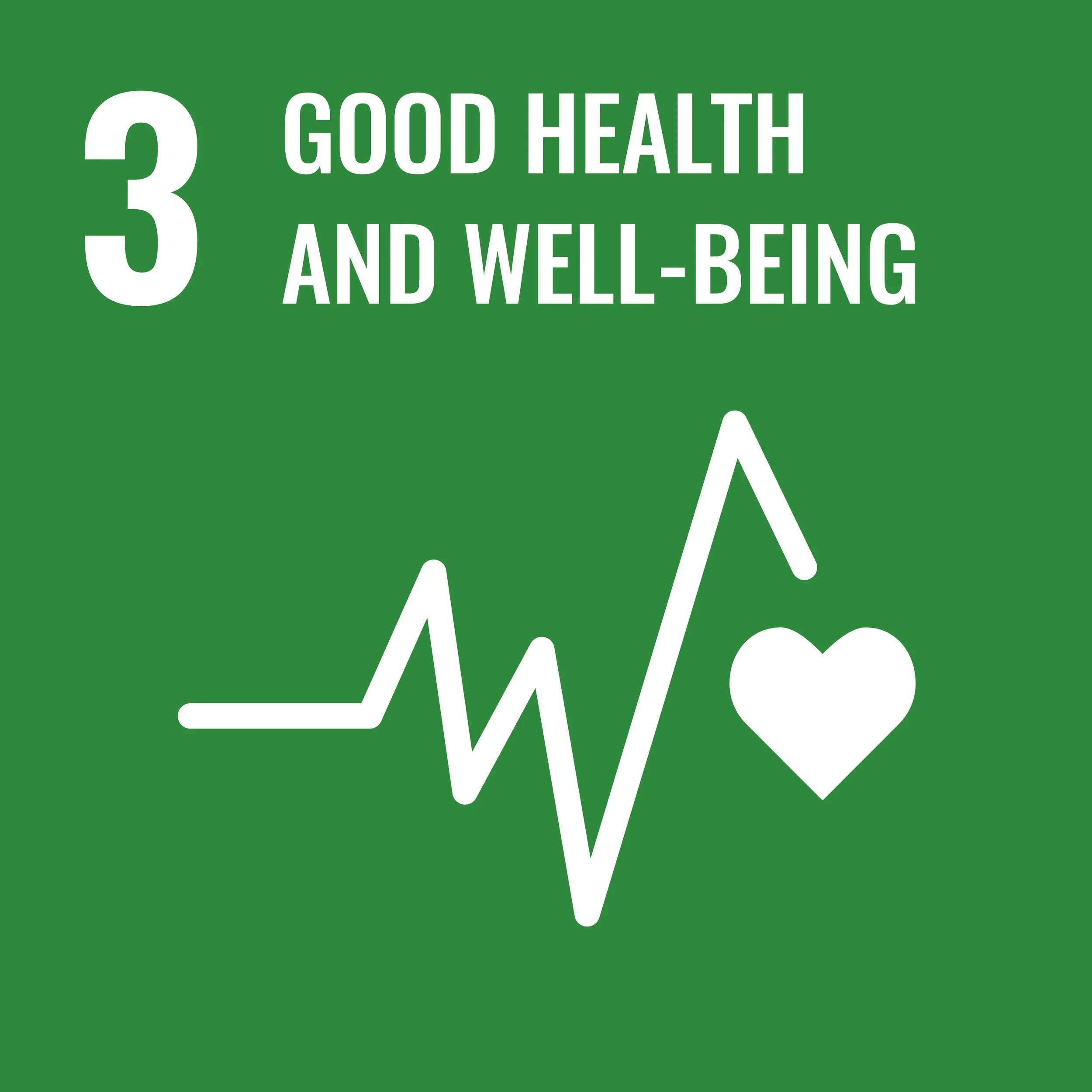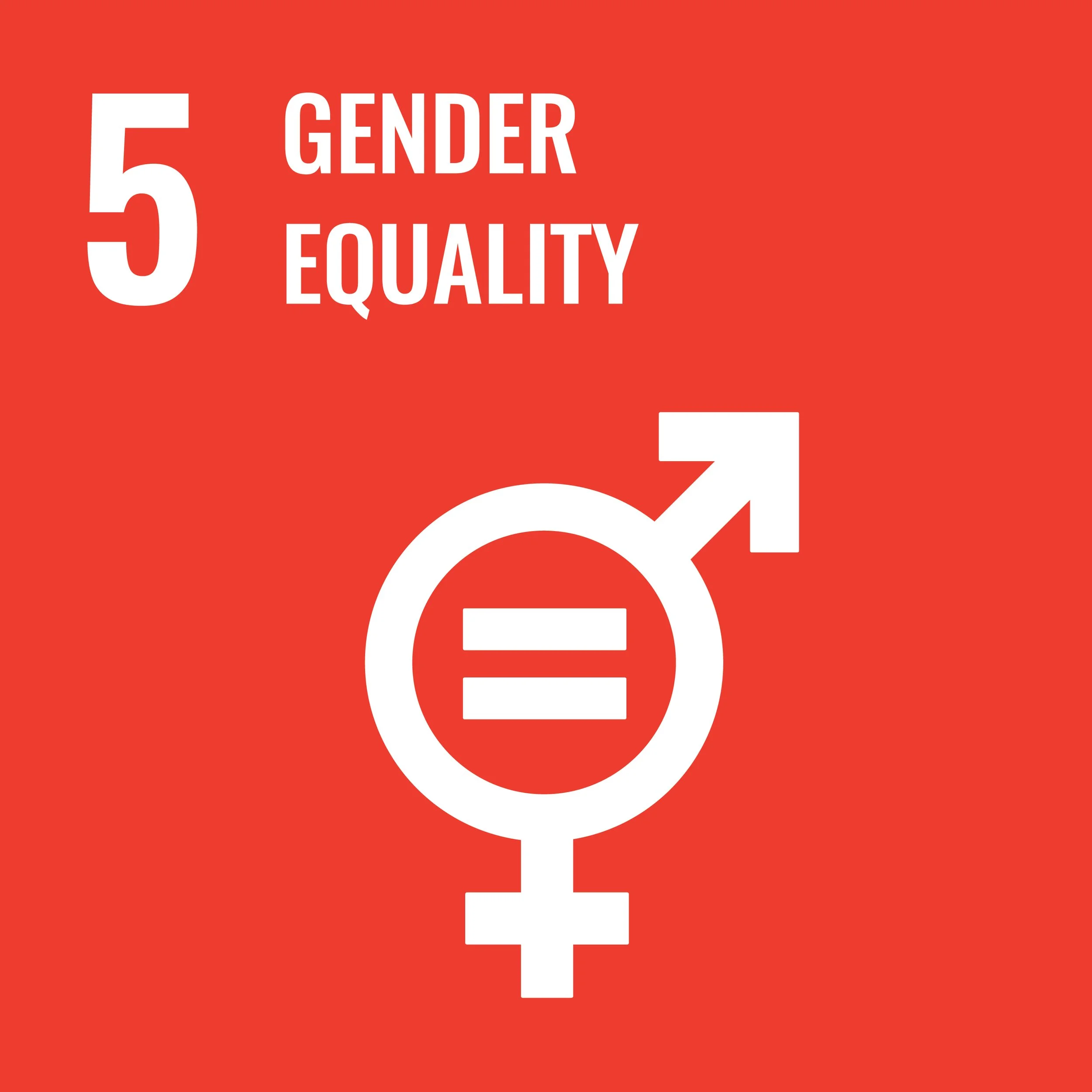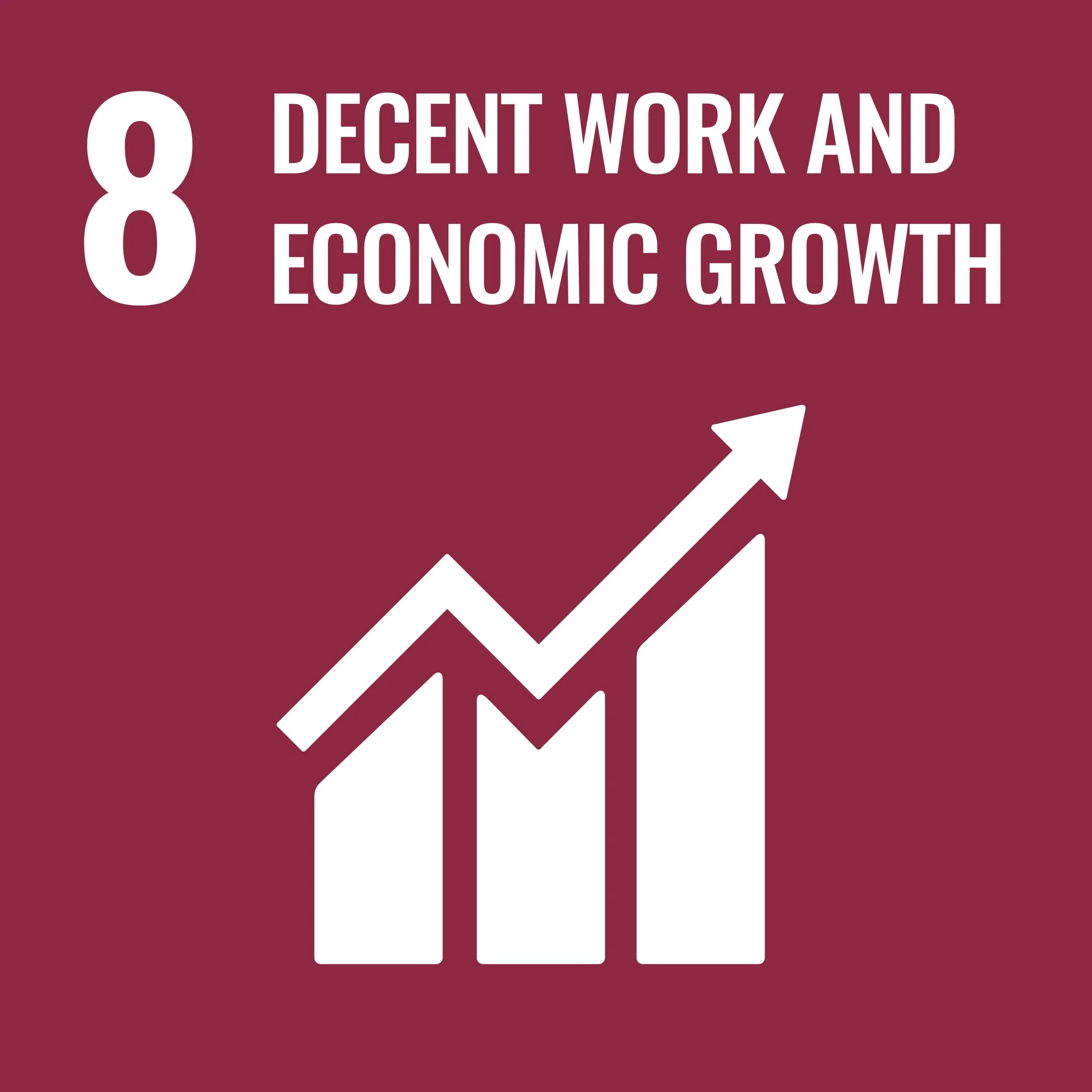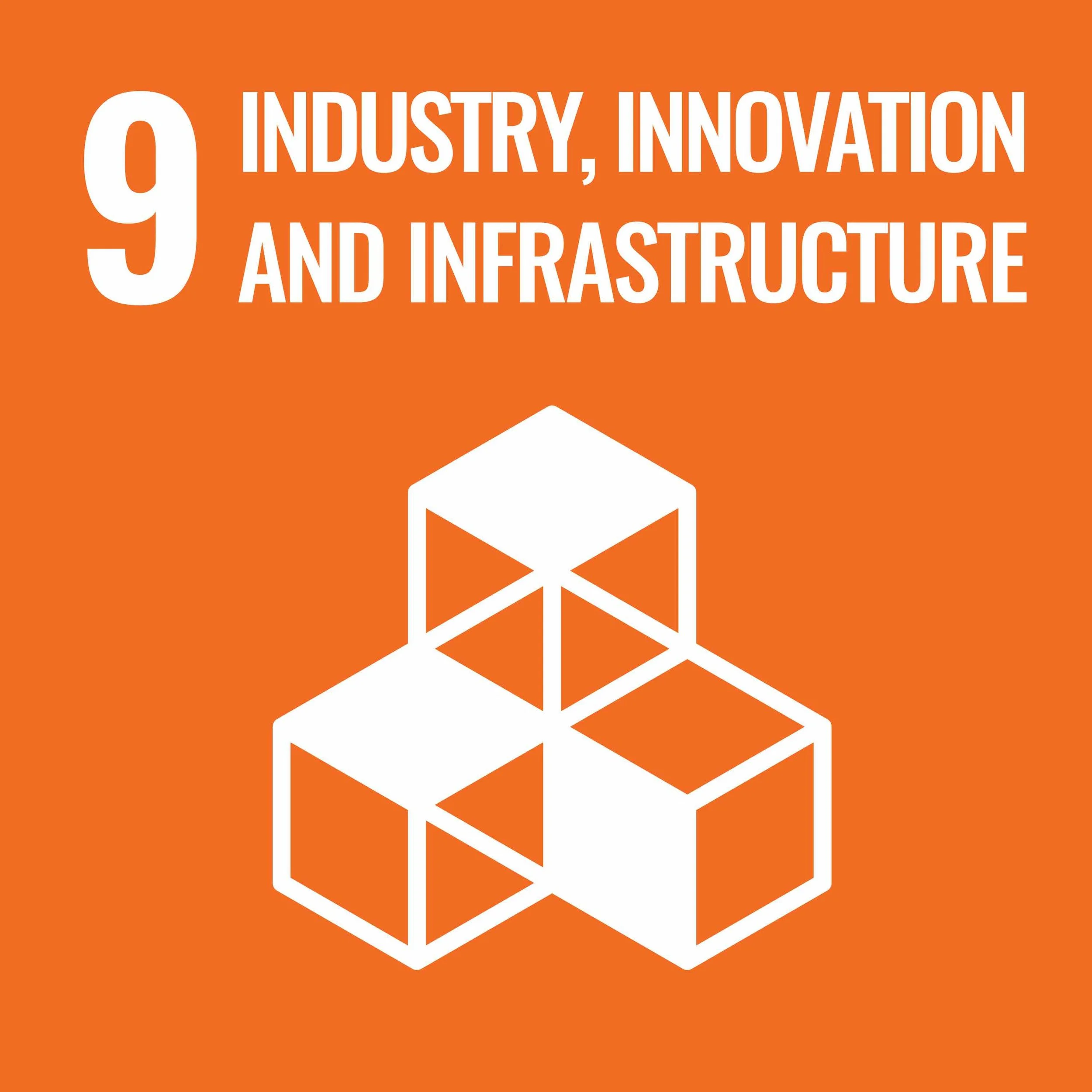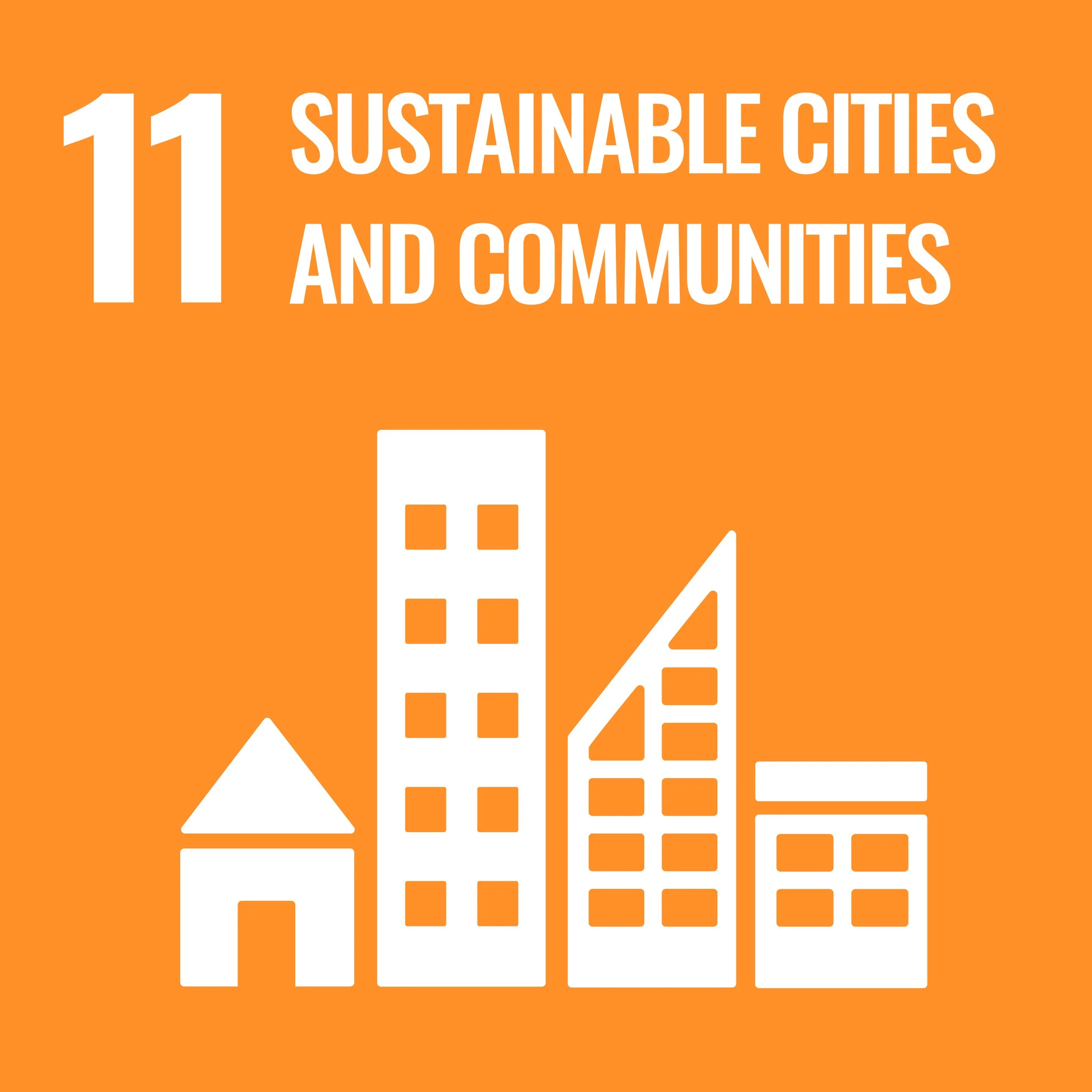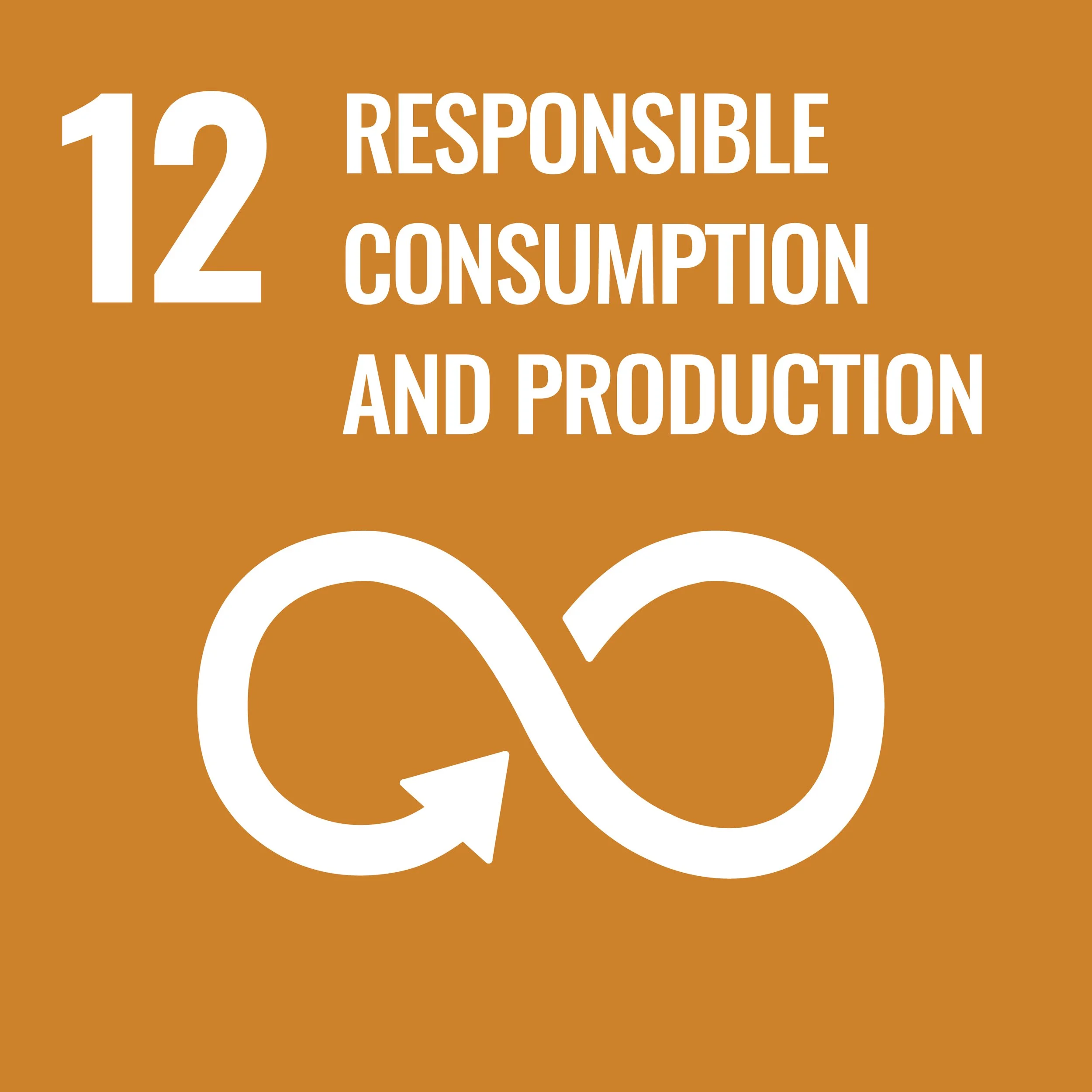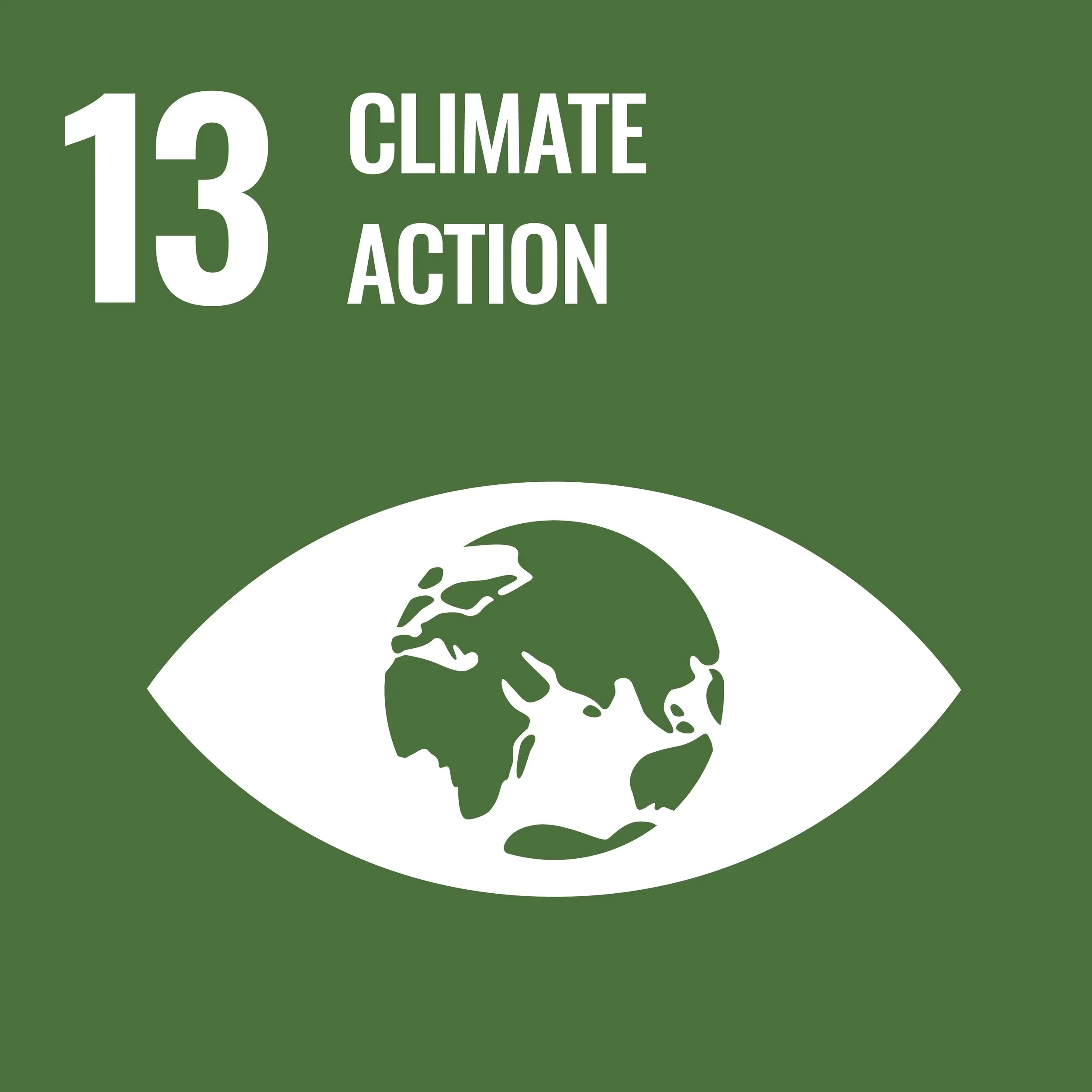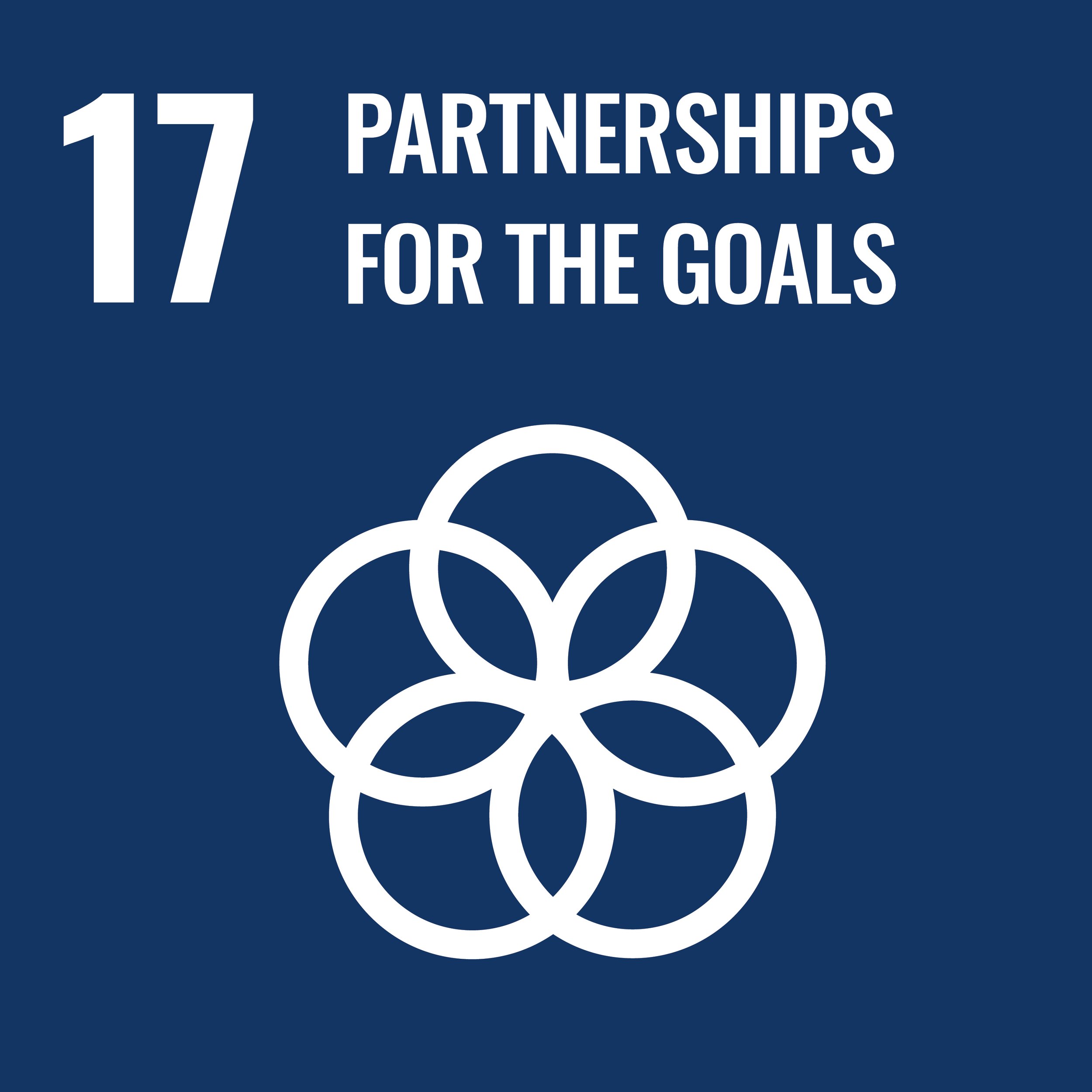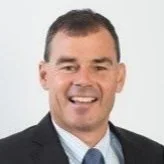
About Us
Net Zero Energy’s Sustainability Overview
The accumulation of carbon dioxide in the atmosphere has continued for 150 years, resulting in a 1,000 Billion Tonnes (=Gt) surplus of CO₂ remaining in the air. As the Inter-governmental Panel on Climate Change (IPCC) report states, emissions and CO₂ removals must be balanced by 2050.
Our Objective
Reduce the carbon footprint associated with mining and primary production in Western Australia.
Assist in the development of sustainable and green initiatives to benefit land-based primary producers, such as carbon sequestration through carbon re-uptake in trees and soils. At NZE, this is referred to as the Carbon Offset Development
Assist all primary producers in Western Australia, both land and marine, to achieve Net Zero for their produce.
Develop infrastructure to support the primary producer’s transition from the use of fossil fuels to other, more sustainable forms of energy.
Develop and implement Indigenous Programs, and include Indigenous Companies in the supply chain. Develop green programs to embrace indigenous knowledge of native flora and fauna and the sustainable management of the land.
How?
We will supply Net Zero diesel to primary producers, miners, and all those servicing these industries. This will be achieved via the procurement of international standard offsets or our own revegetation and soil sequestration carbon programs.
Install renewable energy systems for local communities to reduce power costs and, in the long term, be suitable for expansion and incorporation of large-scale energy storage.
Ongoing investigation and assessment of global technology related to continuous improvement in farming and agriculture, whilst decreasing the carbon footprint.
-
Net Zero Energy will implement its sustainability plan, enabling the delivery of diesel with a Net Zero footprint to primary producers, miners, and all those servicing these industries in Western Australia.
In partnership with rural primary producers, we will implement Carbon Offset Development programs across the Wheatbelt and South-West of Western Australia, to create Carbon Credits equivalent to the carbon footprint of the diesel being delivered and combusted.
The costs to create and deliver the carbon credits offset programs are included in the diesel sale price. The emissions assessment covers crude extraction, petrochemical processing, delivery from around the globe to Western Australia, and the eventual combustion of diesel. Our Carbon Offset Development will result in extensive revegetation work on farming properties, paid for predominantly by the mining industry.
Revegetation is achieved utilising a broad range of native plants for each region. Our objective is to ensure excess Carbon Credits are created to cover the complete diesel carbon footprint, with additional credits available for the support of Western Australian businesses.
In order to meet the European Union’s climate and energy targets for 2030 and reach the objectives of the European Green Deal, it is fundamental to direct investments toward sustainable projects and activities. The EU taxonomy is a critical enabler in scaling up sustainable investment and implementing the European Green Deal.
The Taxonomy Regulation was published in the Official Journal of the European Union on 22 June 2020 and entered into force on 12 July 2020. It establishes the framework for the EU taxonomy by setting out four overarching conditions that economic activity has to meet in order to qualify as environmentally sustainable. The Taxonomy Regulation establishes six environmental objectives:
Climate change mitigation
Climate change adaptation
The sustainable use and protection of water and marine resources
The transition to a circular economy
Pollution prevention and control
The protection and restoration of biodiversity and ecosystems
UN 2030 Sustainable Development Goals
In September 2015, the Australian Government became a signatory to the United Nations Sustainable Development Goals (SDGs, https://sdgs.un.org/goals). These goals build on the Millennium Development Goals but are a more comprehensive, progressive and innovative agenda that responds to the many challenges the world faces today and the challenges it will face in the future. The new agenda provides a roadmap for global development efforts to 2030 and beyond. The SDGs provide a framework to assess and benchmark our internal approach and progress for sustainable development as an organisation.
The morals and ethics upon which Unison was founded and continues to operate today already embody the fundamentals of the UN 2030 Sustainable Development Goals, but have been revised to follow the UN format. The following are the most relatable for us:
The Board
Darren Smith
Director / CEO
-
Project Management & Engineering professional with 35 years design, procurement, construction, commissioning & asset management experience of large international projects in Commercial Construction, Hydrocarbons, Mining & Metals, Power & Infrastructure under DBB, EPC, EPCM and PMC executions structures.
John Bell
Director / CFO
-
Director Corporate at Hall Chadwick WA, Director Pendragon Capital Limited, Director Radian Arc. Experienced CFO, company director and corporate advisor across multiple transactions and industries.
Michelle Rhodes
Director
Carbon Offsets & Sustainability
-
One of Western Australia’s leading environmental consultants and from regional WA. Multi-disciplined and a founder of 360 Environmental (now part of SLR Consulting). With 30 years experience across all industries in Australia. Director of Net Zero Energy, Lithium Valley and Decarbonology
Rhys Turton
Director
Fuel
-
A broad acre farmer in Western Australia and currently the Chairman of Grain Growers Ltd, the national grains peak body. Chair of the WA Council of Grain Growers Organisations, immediate past President of WA Farmers Federation. Former Director of Ravensdown Fertiliser Co-Op and continues to work with State and Federal Government ministers.
Vanessa Van Der Swaagh
Director
Build & Foundation
-
Managing Director of ventures servicing the Mining, Transport, Construction and Vocational Education industry sectors, at home in Australia and overseas. Experienced in taking the lead for specialist consulting works, including but not limited to, Risk, Sustainability, Indigenous and Community Projects
Partners
NZE Works Closely With
UNISON is a multinational company specialising in Project Development and Delivery. Established in Perth, Western Australia by Darren Smith, Unison has over thirty years of experience managing internationally acclaimed, complex projects to the highest of standards.
Contact:
Australian Office
283 Rokeby Road, Subiaco, WA 6008 Australia
Phone: (+61) 8 9426 0690
Pakistan Office
38-A/4 Main Gulberg , Lahore-54600, Pakistan
Phone: (+92) 42 357 777 51-6
UAE Office
Office No. 401 Zarouni Business Center, Al Barsha 1 Dubai, P.O. Box 116171 United Arab Emirates
Want To Make A Difference?
Become An NZE Partner Today!
ESG Policy
Our ESG policy is intended to provide a framework that guides our ESG considerations on how we operate our business, how we engage with the communities in which we do business, and the way in which we pursue, evaluate, and implement all of our clients and project stakeholders
-
As part of our commitment to being proactive, not reactive, NZE will take the following actions:
Conduct regular assessments of our environmental impact and identify opportunities for improvement.
Incorporate sustainable design principles into our projects, where feasible and appropriate.
Work with our clients to identify opportunities to reduce environmental impact and encourage the adoption of sustainable practices.
Continuously seek out and evaluate new technologies and processes that can help us reduce our environmental footprint.
Ensure that our workforce is trained on sustainable practices and that we adhere to the highest standards of environmental protection.
Encourage our suppliers and contractors to adopt sustainable practices and to meet the same high environmental standards that we set for ourselves.
We recognise that protecting the environment is not only the right thing to do, but it is also critical to our long-term success. By taking proactive steps to reduce our environmental impact and helping our clients do the same, we can build a more sustainable future for everyone.
-
NZE supports fundamental human rights as set out in the Universal Declaration of Human Rights and core International Labour Organisation Conventions.
As part of our commitment to respecting and protecting human rights, NZE will take the following actions:
Conduct regular assessments of our human rights impact and identify potential risks and opportunities for improvement.
Incorporate human rights considerations into our decision-making processes and business practices, including in our supply chain management.
Respect the right of our employees to freedom of association and collective bargaining.
Prohibit the use of child labour, forced labour, and any other form of compulsory labour in all our operations and supply chains.
Promote diversity and inclusion, and prohibit discrimination based on race, gender, religion, age, sexual orientation, or any other protected characteristic.
Protect the cultural heritage and rights of indigenous peoples in the areas where we operate.
Support access to capital, education, affordable housing, and global health and medical technologies in the communities where we do business.
Establish and maintain positive relationships with governments, communities, and other stakeholders based on transparency, respect, and dialogue.
Regularly review and update our policies and practices to ensure that we continue to respect and protect human rights.
We recognize that respecting and protecting human rights is essential for the long-term success of our business and the communities where we operate. By upholding these values, we can build trust with our stakeholders, promote a positive work environment, and contribute to the social and economic development of the regions where we do business.
NZE endeavours to identify and prevent or mitigate potential and actual adverse human rights impacts resulting from our business activities and the relationships connected to those activities through the application of the ESG Policy.
-
NZE's ESG Committee has a comprehensive approach towards environmental, social, and governance issues, which involves a diverse group of stakeholders, including business partners, independent consultants, and the NZE Contracts Manager. The committee takes a proactive approach towards developing and regularly reviewing their ESG Policy, which is aligned with internationally recognised standards such as ISO 21500, ISO 9000, and Prince2.
To support their ESG framework, the Committee engages in various activities such as collaborating with external professionals and industry leaders to develop and improve their ESG strategy. They also oversee ESG activities in accordance with their policy, encourage continual improvement from all team members, and support collaboration with other organisations to drive forward the industry's integration of and transparency with respect to ESG factors.
In addition, the Committee provides regular ESG training and guidance for employees to ensure that everyone understands their roles and responsibilities in supporting the organisation's ESG goals. This approach helps to create a culture of sustainability and responsibility within the organisation, which can lead to positive outcomes for both the company and society at large.
Overall, NZE's ESG Committee's approach demonstrates a commitment to sustainability and responsibility that goes beyond mere compliance with standards and regulations. By engaging with stakeholders and taking a proactive approach to ESG issues, NZE is positioning itself as a leader in their industry and contributing to the broader goal of creating a more sustainable and responsible business environment.
-
Screening new clients for material environmental and social risks: This involves identifying and evaluating the potential environmental and social risks associated with new clients, such as their impact on climate change, natural resources, human rights, labour practices, community relations, and governance. The aim is to assess the client's sustainability practices and ensure that they align with the organisation's ESG goals.
Assessment, categorization, mitigation, and management of environmental and social risks in new projects and for the products required for a project: This involves identifying and evaluating the potential environmental and social risks associated with new projects and the products required for a project, such as their impact on biodiversity, carbon emissions, waste management, social welfare, and stakeholder engagement. The aim is to categorise the risks based on their severity and likelihood of occurrence and develop strategies to mitigate and manage them.
Identification and compliance with applicable environmental and social laws and regulations: This involves identifying and complying with the relevant environmental and social laws and regulations that apply to the organisation's operations and activities. The aim is to ensure that the organisation's practices are legally compliant and aligned with the ESG goals.
Monitoring and reporting requirements: This involves monitoring the organisation's environmental and social performance, tracking progress against ESG goals, and reporting on the results to internal and external stakeholders. The aim is to ensure transparency and accountability and demonstrate the organisation's commitment to ESG principles.
-
In September 2015, the Australian Government became a signatory to the United Nations Sustainable Development Goals (SDGs, https://sdgs.un.org/goals).
These goals build on the Millennium Development Goals but are a more comprehensive, progressive, and innovative agenda that responds to the many challenges the world faces today and the challenges it will face in the future. The new agenda provides a roadmap for global development efforts to 2030 and beyond. The SDGs provide a framework to assess and benchmark our internal approach and progress for sustainable development as an organisation.
The morals and ethics upon which NZE was founded and continues to operate today already embodied the fundamentals of the UN 2030 Sustainable Development Goals, but have been revised to follow the UN format.

